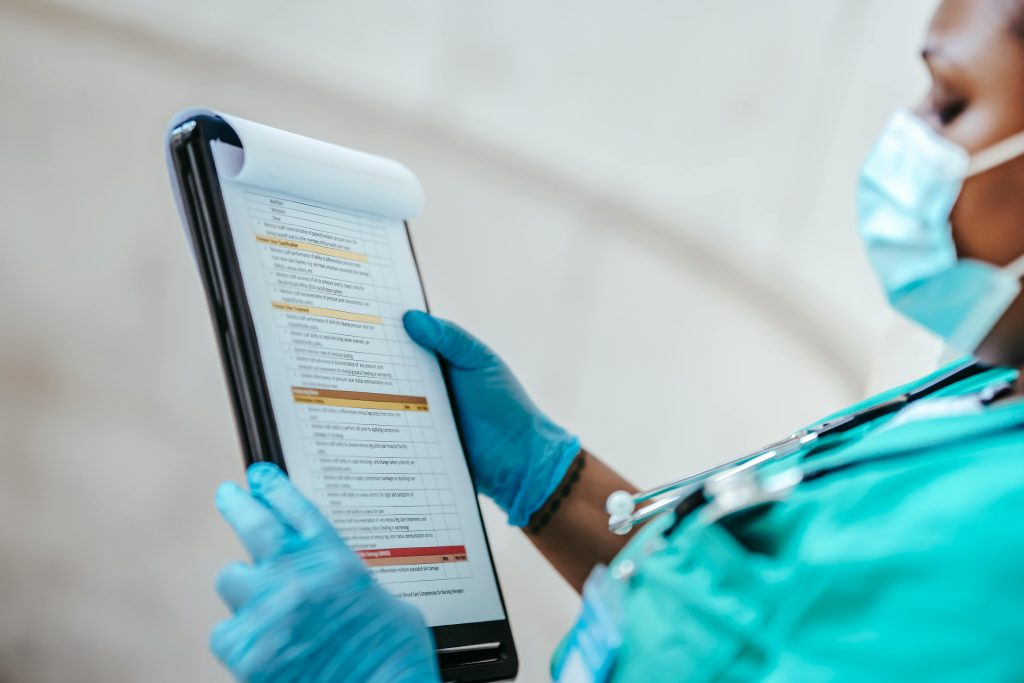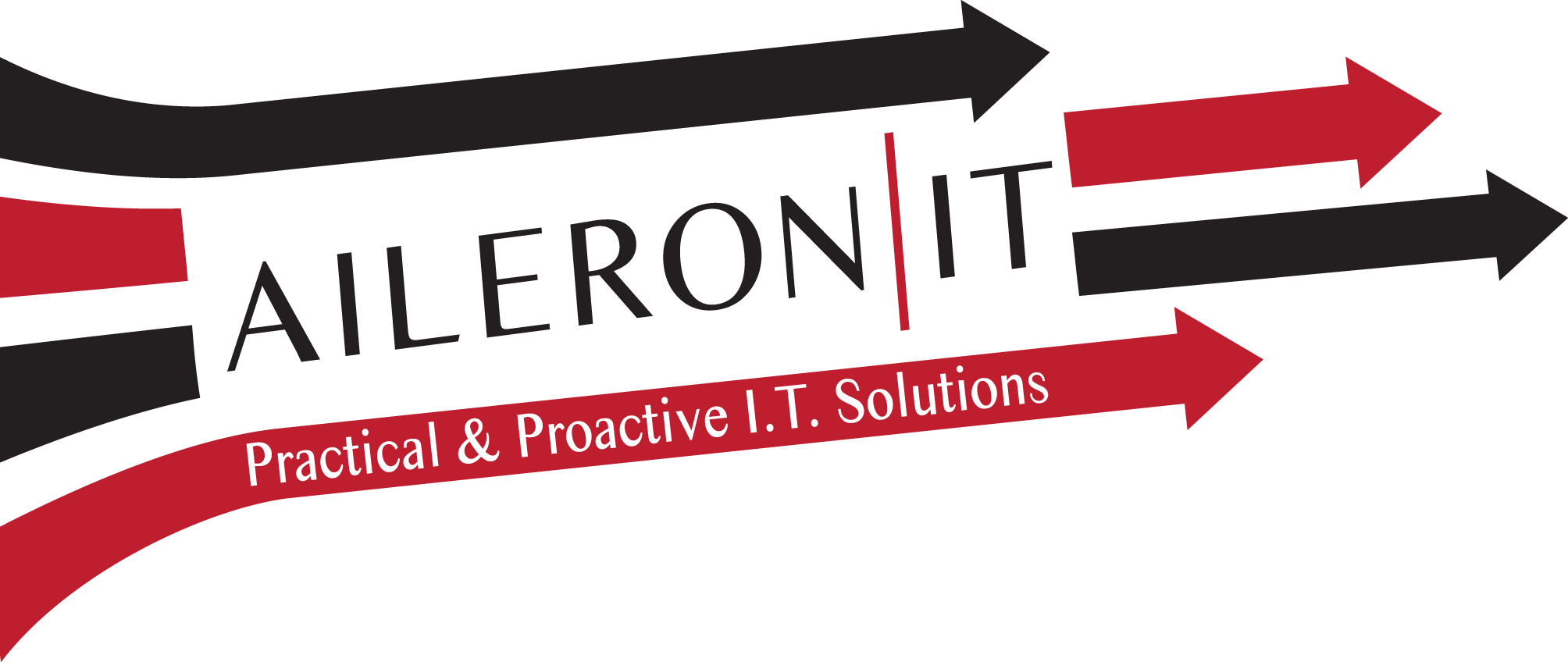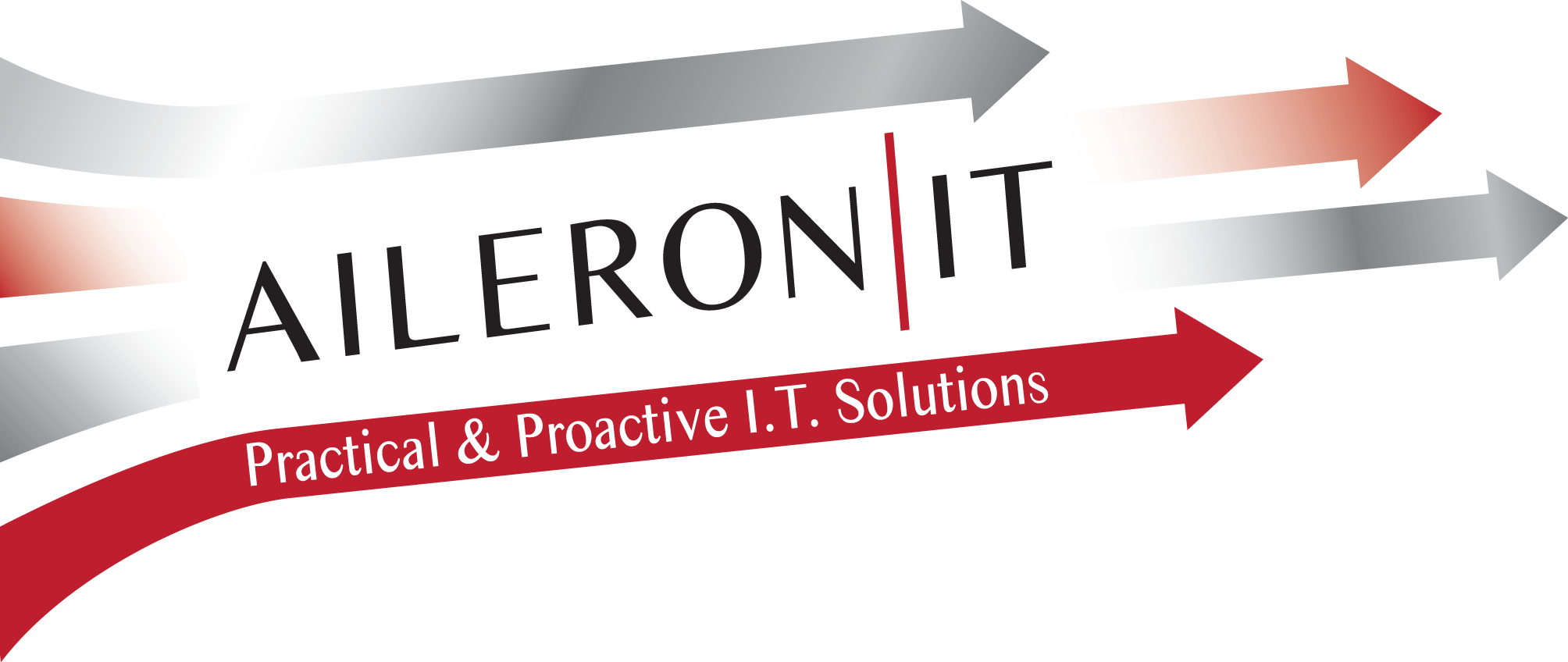7 Security Best Practices to Strengthen HIPAA Compliance

What HIPAA Is and Why Compliance Matters
HIPAA protects patient information and ensures healthcare organizations handle sensitive data responsibly. Covered entities and business associates that manage, store, or transmit protected health information (PHI) must comply with its rules. Non-compliance can lead to costly fines, legal exposure, and loss of trust.
1. Conduct a Risk Analysis
Start with a formal risk analysis that identifies potential threats and vulnerabilities. Review your administrative, physical, and technical safeguards. Update this analysis at least once a year and after any major system change. A thorough risk analysis forms the foundation for your entire compliance program.
2. Limit Access to the Right People
Restrict PHI access to authorized personnel only. Use strong identity and access management, enforce multi-factor authentication, and monitor user activity. Encrypt data in transit and at rest to keep it secure. Access control prevents accidental leaks and insider misuse.
3. Strengthen Physical and Technical Safeguards
Lock rooms and devices that store PHI, secure workstations, and set up visitor procedures. Implement regular patching, endpoint protection, and backup systems to reduce vulnerabilities. Security must cover both your physical environment and your technology.
4. Train Employees Regularly
Human error causes most data breaches. Provide annual HIPAA and security awareness training for all staff. Include phishing simulations and practice incident response procedures. A well-trained team is your first line of defense.
5. Maintain Written Policies and Procedures
Document all compliance-related policies and update them regularly. Include access control, device management, transmission security, and breach notification policies. Keep signed staff acknowledgments on file. Written policies demonstrate accountability and readiness for audits.
6. Monitor Systems and Perform Audits
Regularly review logs, alerts, and system activities to spot unusual behavior. Conduct vulnerability scans and test your backups and recovery plans. Continuous monitoring ensures compliance is ongoing, not a one-time task.
7. Manage Vendor Compliance
Your compliance extends to every vendor that handles PHI on your behalf. Keep Business Associate Agreements (BAAs) up to date, verify their security measures, and require breach notifications. Vendor oversight is a key part of your compliance responsibility.
Protecting patient data is both a legal duty and a trust issue. Aileron IT helps healthcare providers and business associates assess risks, strengthen safeguards, and prepare for HIPAA audits with confidence.
Let’s make compliance simple, effective, and secure for your organization.

